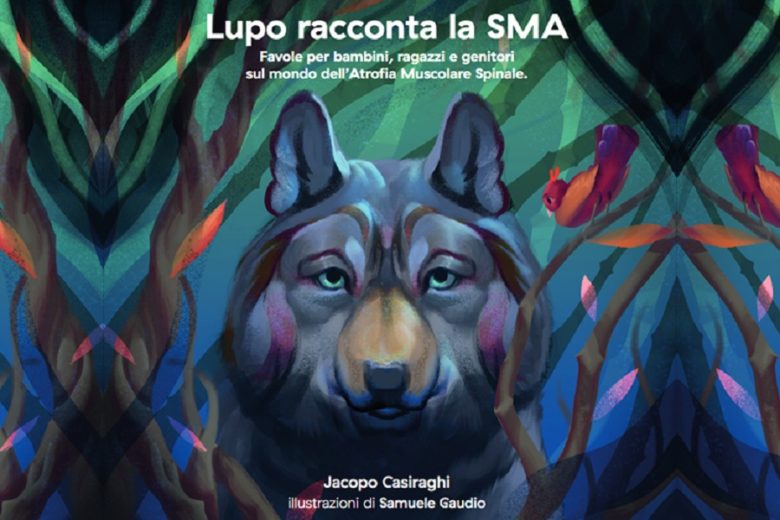A noble institution to remember: the Sicilian School of Poetry
The beauty and originality of some of those verses are still admired all over the world today. The names of some of its poets fascinate scholars and amateurs, while its language and themes still appear in some contemporary poems. The School of Poetry was an excellence of poets serving Frederick II and its history is entirely linked to Sicily
Dante Alighieri, the great Italian national poet, affirmed that the only true poems can be those that deal with the theme of love. And this is not because it is impossible to conceive verses on other subjects with excellent results, but rather because, thanks to the inspiration of any lover, their verses reach the deepest core of poetic beauty. After all, since its origins, Italian poetry has produced an incalculable amount of unforgettable compositions characterized by passion and desire. Its origins can be traced back to Sicily, where the poets of Frederick II’s Magna Curia, similarly to what had already happened in Provence, inaugurated a period of cultural ferment which, with due proportions, reached even Giacomo Leopardi in the XIX century. It is well-known that Sicilians by their own nature have a certain charm and confidence with the theme of love, but why did the king’s officials use to celebrate love back in the XIII century?
First of all, as we have already said, they had a profound admiration for France, where the courtly love was already developed. Secondly, their choice was due to the political conditions guaranteed by Frederick II: stability, peace and cultural wealth. No war threat, no internal revolt worried the life of the nobles who surrounded the sovereign and all the men of his Court could thus cultivate the refined art of poetry. People like Giacomo da Lentini (almost unanimously considered the most representative among them, as well as the progenitor), Pier delle Vigne, Guido delle Colonne, Cielo D’Alcamo, Stefano Protonotaro and more are still known to amateurs, who admire their imagination and style. Such authors are appreciated not only for the value of their contents, but also for a language that continues to arouse debates nowadays: it is a Sicilian sophisticated dialect which in recent times has been partly reconstructed. The prestige of the Sicilians School was so vast that the same Dante exalted its role in his De Vulgari Eloquentia. Thanks to this fervour that generated in Sicily, some images have repercussions even on the way we now behave with the people we love: love at first sight, the constant thought of the beloved that makes them visible to us even when they are not there, the incurable yearning for an unrequited feeling… They seem to be stereotypical situations and behaviours today, but they were not in the context of a poem that found its identity in the southernmost region of Italy.
In addition to a linguistic primacy, therefore, Sicily must also be charged with precociousness and originality. Its poets, in fact, were not the only ones inspired by French poetry, but they were certainly the first to transform it into medieval vernacular. To them we owe the birth of the sonnet and the first great poetic songs, which testifies to a very close relationship between literature and Sicily that has always been there. Although today their memory seems quite forgotten, we should all remember that, for a while, the island represented the global fulcrum of politics and culture, of arts and languages. A new and far-sighted perspective ready to enhance and draw strength from this noble decadent ancestry should therefore be desirable today, as Sicily has always been the homeland of poetry.
Translated by Eva Luna Mascolino



